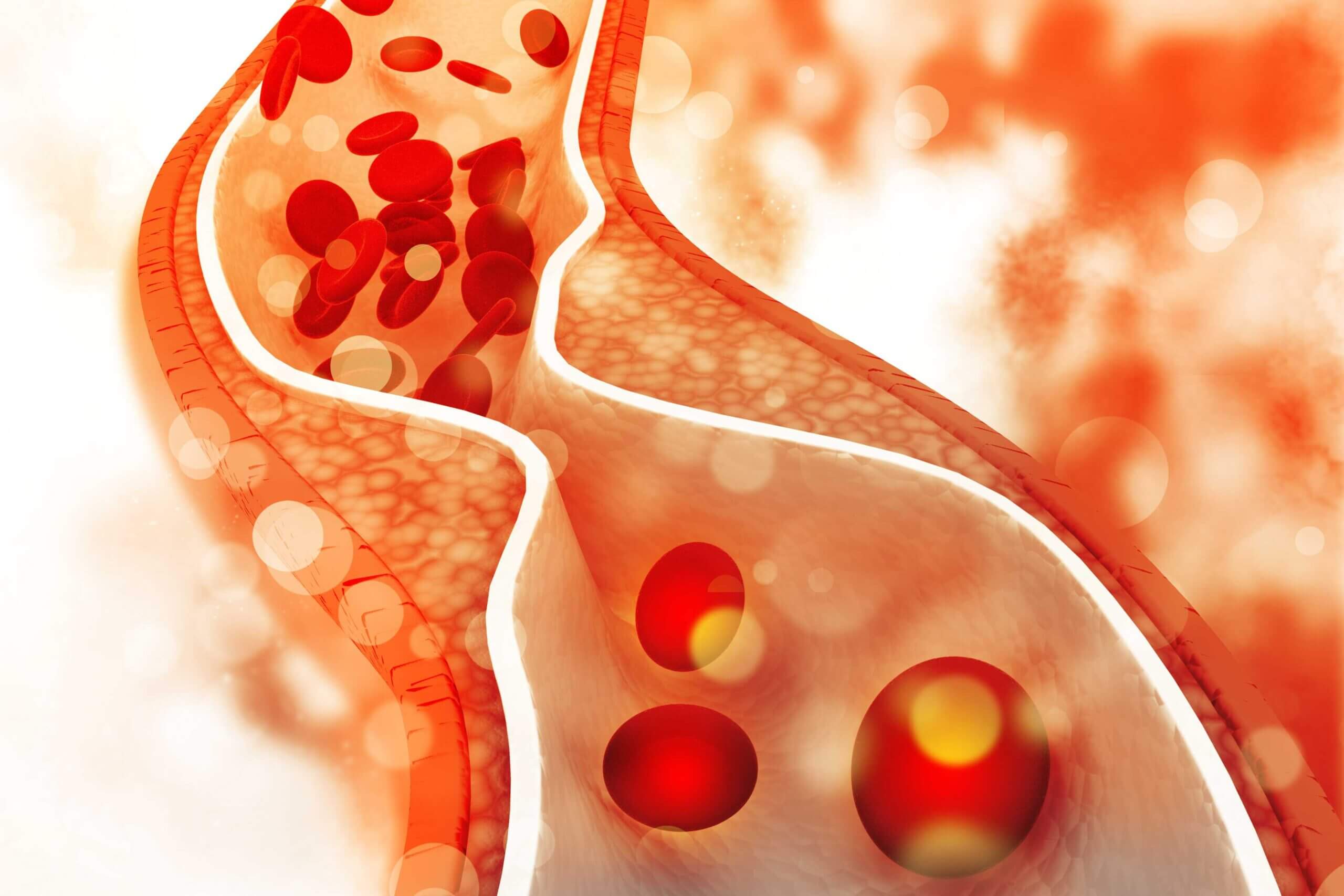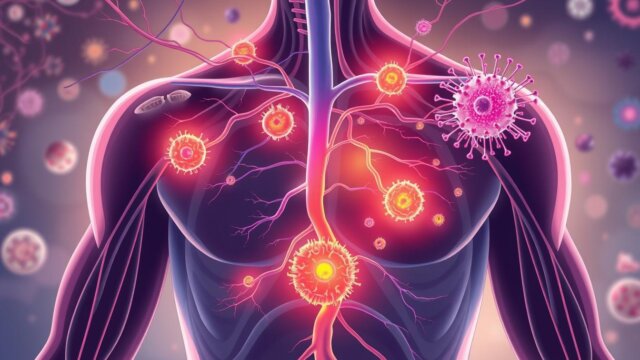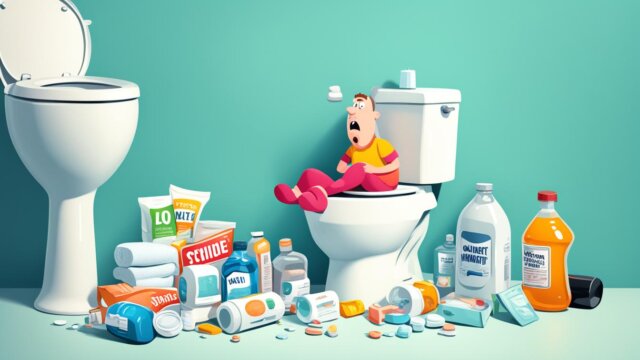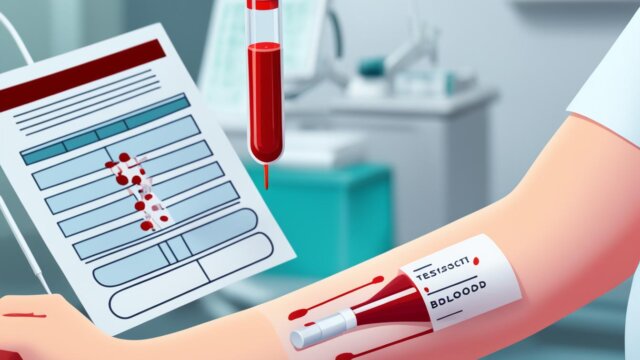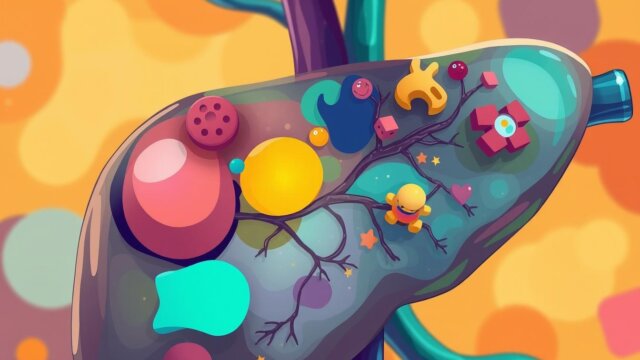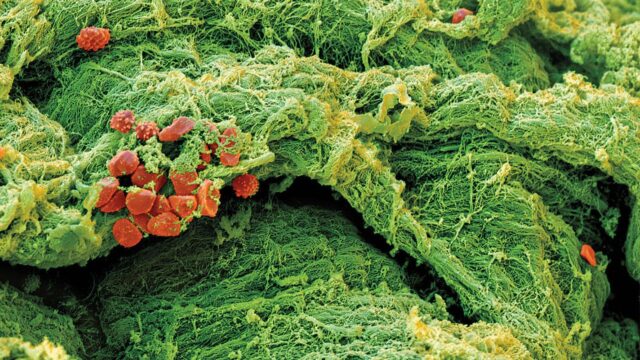FTC disclaimer: This post may contains affiliate links and we will be compensated if you click on a link and make a purchase.
Most people don’t know the real purpose of cholesterol, and it is mostly considered “bad” by mainstream medicine.
But, cholesterol has a vital role to play in our body.
The fact is that your body needs cholesterol to build cells, make important vitamins and hormones. Most of the cholesterol that is produced in your body is produced by the liver.
It is estimated that the liver makes around 80% of the cholesterol. And, the rest of the cholesterol is taken from foods known as dietary cholesterol.
Your body makes more than 3000 mg per day cholesterol, which is more than 10 times the daily dietary cholesterol recommendation.
Normally, when you eat good cholesterol-rich foods, then your body starts to make less cholesterol.
But some forms of cholesterol are not good and may cause several health issues, leading to liver damage.
Here, we will learn in-depth about cholesterol and what causes cholesterol to bad cholesterol.
What is Cholesterol?
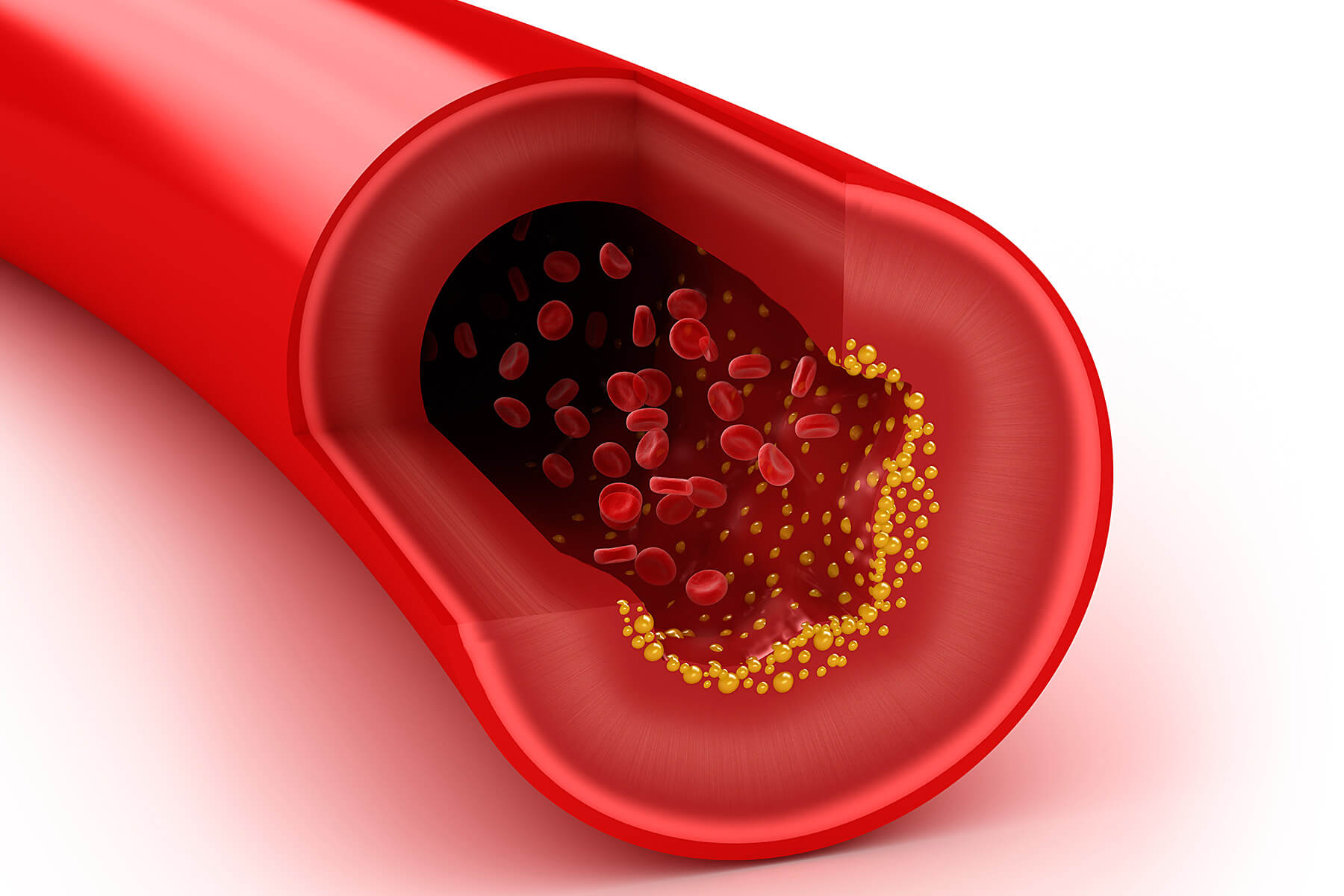
To understand cholesterol – whether it is good or bad – how it affects your health, you first need to know what cholesterol is.
Cholesterol is a molecule in the sterol family and is found in most of our body tissues. Sterols are waxy insoluble substances that are only soluble in fats and oils.
Because the cholesterol molecule is not soluble in watery substances or blood, it needs to be carried through the bloodstream via lipoproteins.
Lipoproteins are mixtures of proteins and fat molecules. The two forms of lipoproteins (often referred to as cholesterol) that most people are familiar with are HDL (high-density lipoprotein) and LDL (low-density lipoprotein).
These forms are not cholesterol but are lipoproteins that carry the cholesterol molecule from the liver, bloodstream, and back.
LDL carries cholesterol from the liver into the blood to the rest of the body. LDL cholesterol is often referred to as “bad” cholesterol by mainstream medicine because it is more prone to oxidation and plaque formation because of its smaller particle size.
HDL Cholesterol is often referred to as the “good” cholesterol by mainstream medicine because it carries cholesterol back to the liver, recycled for later use. There is no difference between HDL and LDL cholesterol except the density of the molecules.
How is Cholesterol produced?
Cholesterol is found in the bloodstream and every cell in our bodies, and our liver manufactures approximately 70 -80% of it.
The liver will produce the amount of cholesterol your body needs to maintain health. If you consume cholesterol from natural food sources, your liver will adjust and make less of it.
Uffe Ravnskov, in his book The Cholesterol Myths, has stated that the cholesterol in your food has little or no influence at all on the cholesterol in your blood.
Cholesterol is a vital component of the body and has many health benefits; without it, we would not be alive.
Health Benefits of Cholesterol
- It is needed for the healthy function of the body and the brain.
- Cholesterol is an essential component of every cell membrane and helps maintain the cell wall’s health by repairing and replacing damaged cells.
- It is used to make hormones such as progesterone, estrogen, and testosterone.
- Cholesterol is needed to make fat-soluble vitamins – A, D, E, K1, K2.
- Cholesterol is also needed to make bile and digestive juices to help digest fats.
- It is needed to maintain healthy neurological function.
- It increases the number of receptors needed in the brain to produce serotonin.
- Cholesterol is known to have antioxidant properties that help neutralize toxins in the body that help fight infection.
- It is a key component of the Myelin Sheath (a white waxy coating that protects and insulates the brain’s nerves and spinal column).
Is High Cholesterol Hereditary?
Most cases of high cholesterol are from poor diet and lifestyle choices.
Familial hypercholesterolemia is a rare genetic defect in a person that inhibits their ability to metabolize cholesterol.
This inborn condition is diagnosed by a medical professional when a person has extremely high cholesterol levels (above 350 dl/mg) and shows severe vascular changes early in life.
According to research, a little less than 1 % of humanity actually has familial hypercholesterolemia or some other genetic problem that interferes with fat metabolism.
High Cholesterol and Heart Disease Myth or Truth
Are cholesterol levels a good indicator of cardiovascular disease
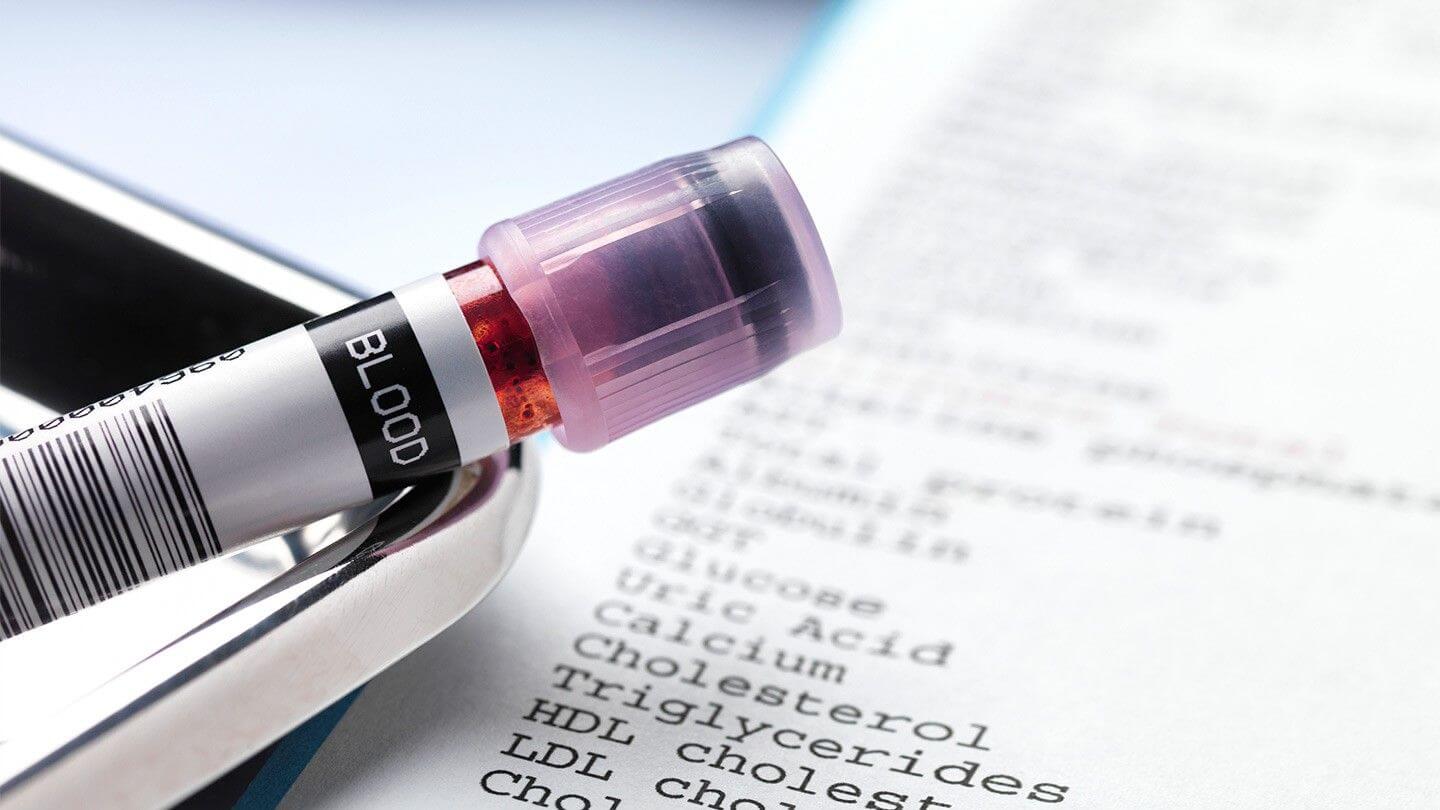
High cholesterol levels are a symptom, not a disease.
It has been generally thought that cholesterol is the key cause of the fatty build-up in arteries (atherosclerosis), leading to heart disease. But, many research studies have contradicted this view.
A systematic review gathered from cohort studies has indicated that total cholesterol is not the actual risk factor that causes cardiovascular mortality in older people.
Moreover, 28 studies have been chosen to find the link of death from any cause. Here, 12 studies have shown no link between LDL cholesterol (so-called bad cholesterol) and mortality. The remaining 16 studies have found that there is a high mortality risk because of low LDL cholesterol.
If a person has increased cholesterol levels or high LDL cholesterol, it has increased inflammation in the body.
Many research has shifted their view based on cohort studies from cholesterol to inflammation, which is the causative factor of chronic disease like heart disease.
Another research finding has suggested that you need to target specific inflammatory response, which could effectively manage high cholesterol levels and plaque in an artery (Atherosclerosis).
Harvard’s new insight has said that even if you take steps to lower your cholesterol level and blood pressure, you may also face the life-threatening cardiovascular disease. Further, it added that inflammation is a major player in heart disease, not cholesterol.
This silent inflammatory state can set off a cascade of reactions, including free radical damage, LDL oxidation, and chronic systemic inflammation.
What causes vascular and cardiovascular disease?

Many people are aware and understand that plaque in the arteries play a major role in vascular and cardiovascular disease.
There has been a lot of misinformation as to how someone forms plaque in their arteries. Plaque is not formed from the liver’s cholesterol or the amount of cholesterol consumed in food.
It is formed in the arteries from Oxidized LDL Cholesterol. This LDL Cholesterol itself does not pose a problem but is a cause for concern when it becomes oxidized.
Recent observation and studies have demonstrated that LDL cholesterol or cholesterol is not the key component of arteria plaques, but the inflammation that results in oxidative stress and causes oxidized LDL cholesterol.
The smaller molecule size of the LDL makes it more susceptible to the oxidation process. LDL oxidation occurs from a cycle of inflammation, free radicals, oxidation, and chronic systemic inflammation.
Inflammation is the body often referred to as “silent Inflammation,” which can be from many different factors such as blood sugar abnormalities and obesity (See the full list of risk factors below).
This can cause an overproduction of free radicals within the body. And, as per studies, free radicals’ overproduction induces oxidative stress because of an imbalance of free radicals and antioxidants.
Free radicals are a by-product of a natural process in the body that happens at a cellular level with other necessary things like digestion, metabolism, breathing, and exercising.
How to combat inflammation and free radicals?

Inflammation and free radicals can be caused by negative lifestyle choices such as a processed food diet and smoking.
These free radicals can cause a problem within the body when depleted in antioxidants and other nutrients necessary to combat them.
Hence, the external source of antioxidant is needed to assist in coping the oxidative stress.
According to Sinatra, in his book, Heartsense for Women stated that “without these sufficient antioxidants present to “sponge up” the free radicals, they can run roughshod throughout your cardiovascular system, setting you up for heart disease.”
These free radicals cause Oxidation in the arterial wall, leading to the oxidation of LDL Cholesterol.
This continuous cycle of Inflammation, free radicals, oxidation, and chronic systemic inflammation causes plaques to form in the arteries’ vascular wall.
This may cause your liver to produce more cholesterol to heal the vascular lesions caused by the plaque buildup.
Higher cholesterol levels can be a sign of vascular and cardiovascular disease. But relying on this number alone cannot predict the real cause of plaque.
Further investigation by your doctor (see list of additional testing that can be done by your medical professional below) can confirm if this cycle is going on in your body, as well as reviewing your risk factors.
Risk Factors that Contribute to Bad Cholesterol (Oxidized LDL Cholesterol)
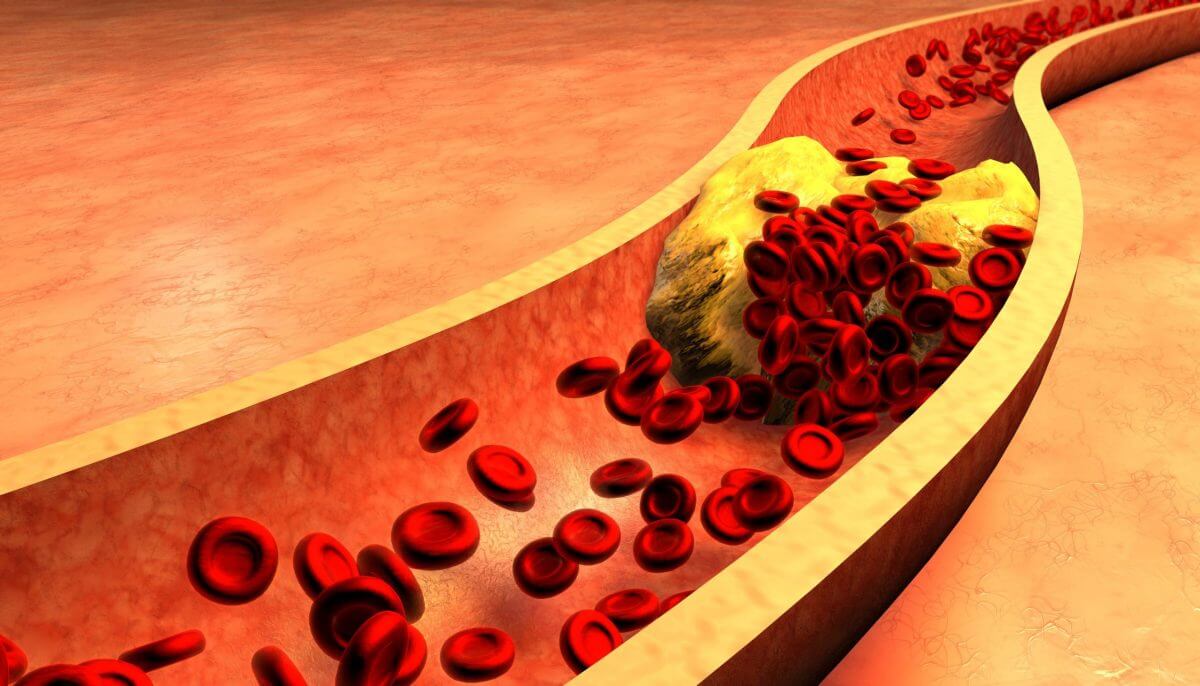
As we have discussed, oxidation leads to bad cholesterol, and oxidation starts because of free radicals. And, the formation of free radicals is because of inflammation in the body.
So, it happens in the cycle of inflammation, free radicals, and LDL oxidation. We will now discuss the risk factors contributing to the cycle of inflammation, free radicals, and LDL oxidation.
- Chronically elevated blood sugar and insulin levels – Insulin and blood sugar imbalances such as insulin resistance, pre-diabetes, type 2 diabetes, and metabolic syndrome are strong indicators of vascular and cardiovascular disease.
- A poor diet of processed foods includes bad fats and oils such as margarine, trans fats, polyunsaturated oils (corn, soy, and canola), refined carbohydrates, fried foods, and fast foods, and all sugars including fructose, high fructose corn syrup, and sugar substitutes.
- Smoking (including second-hand smoke).
- Heavy metals such as cadmium, aluminum, mercury, and lead
- Excessive Alcohol
- Infections caused by bacteria or fungus
- High Blood Pressure
- Physical inactivity
- Radiation
- Lack of healthy essential fatty acids such as omega 3’s can cause an unhealthy balance between omega 3 fatty acids and omega 6 fatty acids, causing an inflammatory state in the body.
- Oxidative stress from a deficiency of nutrients and antioxidants
- Obesity (especially abdominal obesity)
- Drugs, including prescription, over the counter, and recreational
- Environmental chemicals and allergens
Cholesterol test and additional test to determine vascular disease
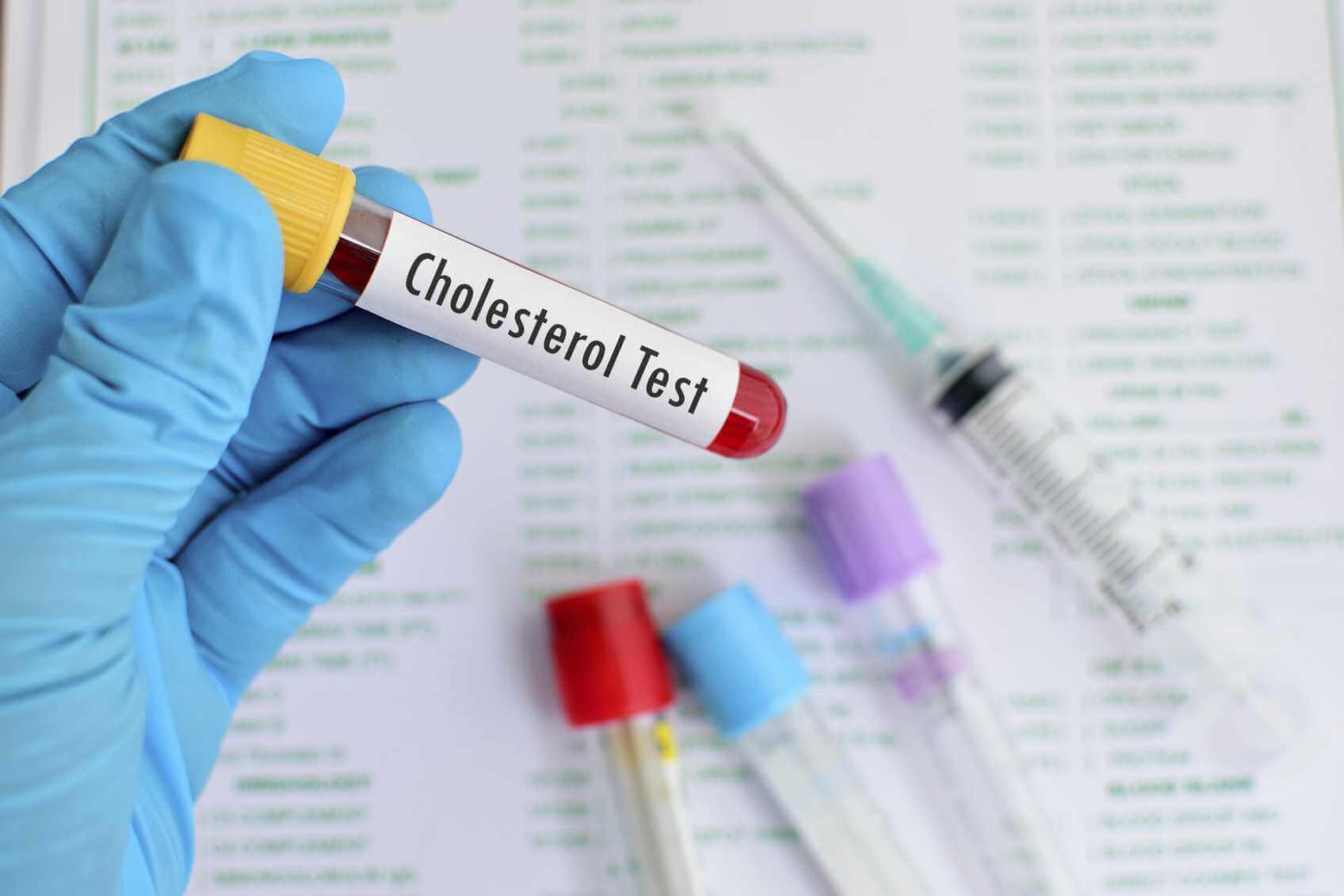
A cholesterol number alone cannot successfully predict the actual cause of plaque in their arteries. It would be of help if you had additional testing that can be done by your medical professional
Mainstream medicine often uses cholesterol numbers alone to predict vascular and cardiovascular problems.
Listed below is the standard cholesterol test, along with some additional tests. Your medical doctor may take the below test to investigate further whether you are suffering from some form of vascular disease:
- Total cholesterol consists of LDL Cholesterol, HDL cholesterol, VLDL (triglycerides) – a standard test performed by your medical doctor.
- Lipoprotein (a) or Lp(a) – is made up of LDL cholesterol and a protein called apoprotein a. Elevated levels of this protein are associated with a strong risk factor for heart disease.
- C-reactive protein – this tests the inflammation level in your body.
- Glucose Insulin Tolerance Test – This test measures fasting glucose and fasting insulin in the body, a strong vascular and cardiovascular disease indicator.
- Hemoglobin A1c – This test measures your average blood sugar levels over a 6 week period.
- Fibrinogen – this test looks at how your blood is clotting. Fibrinogen is a protein that is found in the blood that is essential for it to clot. High levels are linked to inflammation and tissue damage. It is also used along with the C-reactive protein test to predict vascular and cardiovascular disease.
- Homocysteine – High levels of homocysteine have been linked to arterial disease. Homocysteine is an amino acid that triggers plaque and blood clot formation when it exceeds normal physiologic levels in the blood.
Statin Drugs and their complications
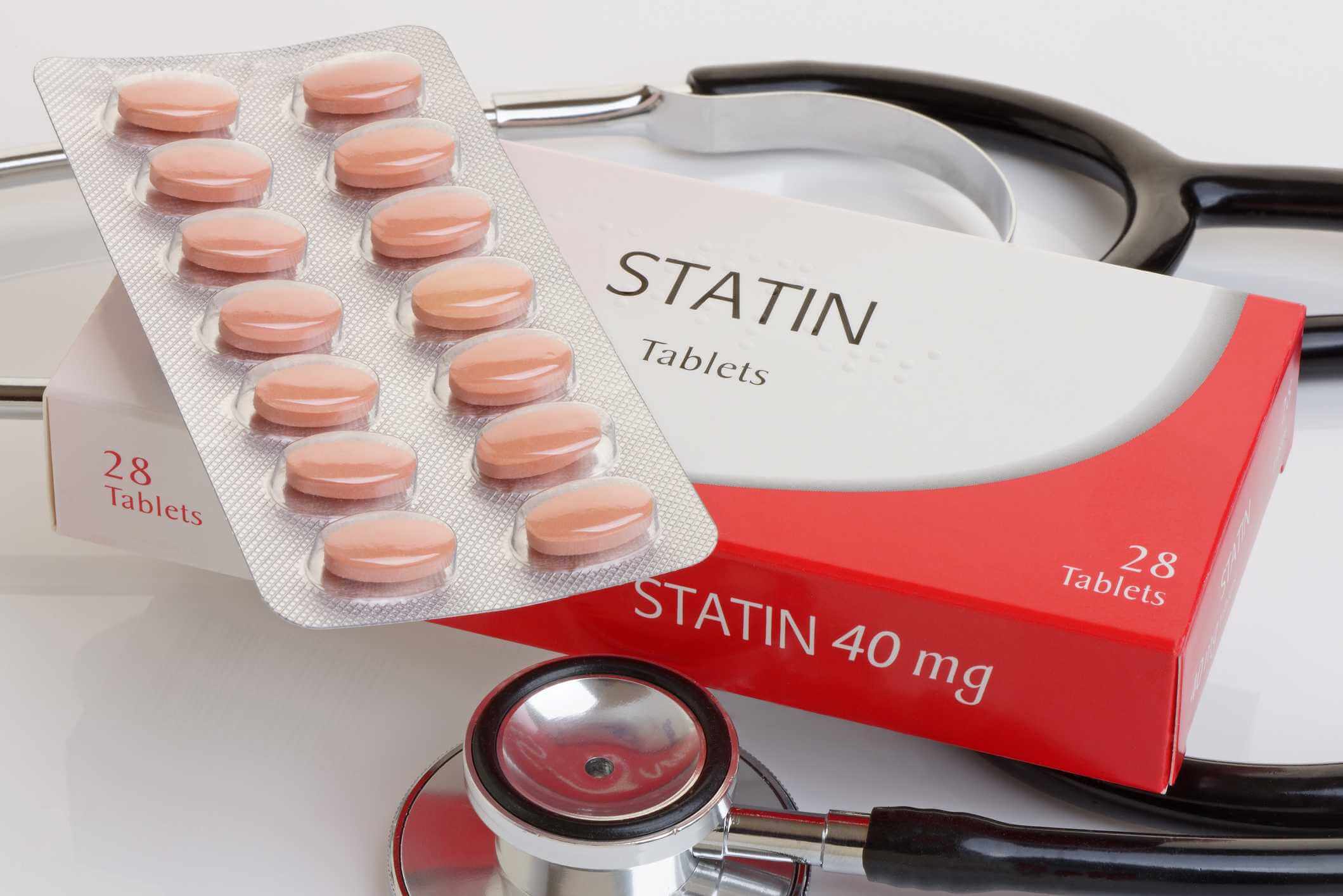
You would be curious to know whether statin drugs are the solution to lower cholesterol levels and the complication of Statin medication?
Statin drugs are used to lower cholesterol levels but are they the only solution to lower your cholesterol levels? Also, it is a known fact that Statin medication has so many complications.
Let’s look into some of the facts that were observed during the intake of Statin drugs.
Approximately 15 to 20 million Americans currently take statin drugs for cholesterol control.
As many doctors continue to prescribe this drug, it is predicted that more than 36 million Americans will be using it to lower their cholesterol levels.
Studies also show that lowering LDL cholesterol level with medication can contribute to certain diseases as well as unhealthy conditions in the body, such as:
The most widely recorded side effect is muscle complications.
Muscle weakness can be mild or as severe as developing Rhabdomyolysis; this is the breakdown of skeletal muscle tissue leading to kidney failure.
Statins’ ability to produce a definite risk for muscle disease (myopathy) is well established in the current literature.
Increased rates of depression
Recent studies have shown an association of frequent use of statin with the prevalence of depressive symptoms.
Elevated Liver Enzymes and pancreatic dysfunction
A study conducted on Statin drugs has shown a hepatic adverse effect, in which it was found to have elevated liver enzymes. Further, another study has also shown that intake of Statin drugs induce pancreatitis.
Cancer has been associated with lower levels of LDL cholesterol.
Evaluation of large prospective randomized statin trials shows the risk of cancer is significantly associated with lower LDL cholesterol levels.
LDL is needed for the body to produce vitamin D, a necessary nutrient in cancer prevention. The latest research in a population-based case-control study showed statins might increase the risk of prostate cancer.
Increased risk of cataracts
A new study has suggested that Statin medication may raise the risk of developing cataracts. But, more study is needed to show clear evidence of the association of Statin medication with cataracts.
Statin drugs lower levels of CoQ10 in the body
CoQ10 is an important antioxidant needed in the body for healthy cell maintenance, repair, and energy production. It also plays a key role in protecting cells from free radical damage.
A recent study has shown that Statin medication can result in a lowering of CoQ10 level in the serum. Further, it was also reported to have a low level of coenzyme Q10 in muscle tissue.
A qualified medical doctor will always recommend a person supplement with CoQ10 when prescribing statins.
Increased risk of Type 2 diabetes
Current research shows an increased risk of type 2 diabetes in women taking statin drugs.
More adverse reactions to statins have been shown when someone is also taking additional medications such as anti-fungal drugs, antibiotics, and niacin.
Healthy lifestyle and dietary choices to lower bad cholesterol
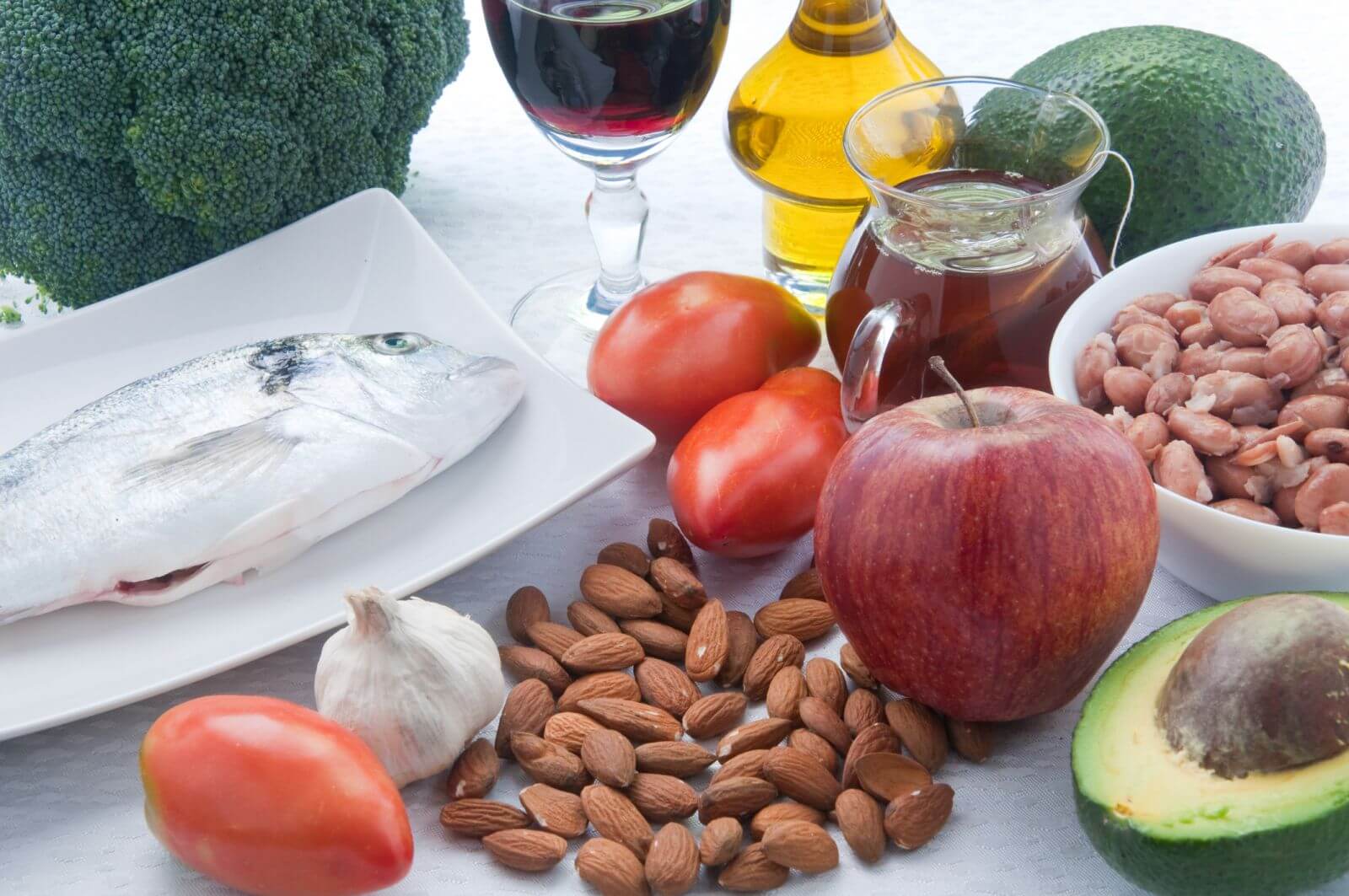
Do a healthy lifestyle, and dietary choices would help in lowering the bad cholesterol?
The answer is Yes!
Although there may always be particular individuals who may need hypercholesterolemia medication, many can prevent heart and vascular disease by implementing certain dietary and lifestyle changes.
Switching from a processed food diet to a whole food diet rich in grass-fed meats, wild fish, vegetables, fruits, nuts, and seeds can have the biggest impact.
This type of diet is void of unhealthy fats and rich in healthy fats and other nutrients that promote a healthy vascular system.
Other lifestyle changes and a healthy diet that may be beneficial are moderate exercises and healthy weight management, and avoiding risk factors that promote vascular disease (see above list of risk factors).
The medical community has caused many people to have an unhealthy obsession with cholesterol. Lowering cholesterol numbers without addressing the underlying causes and contributing factors may do more harm than good.
Diet and Lifestyle choices can have the greatest impact on prevention and the damaging effects of oxidized LDL cholesterol in the body.
Understanding the facts about what causes vascular and cardiovascular diseases is the first step to prevention.
